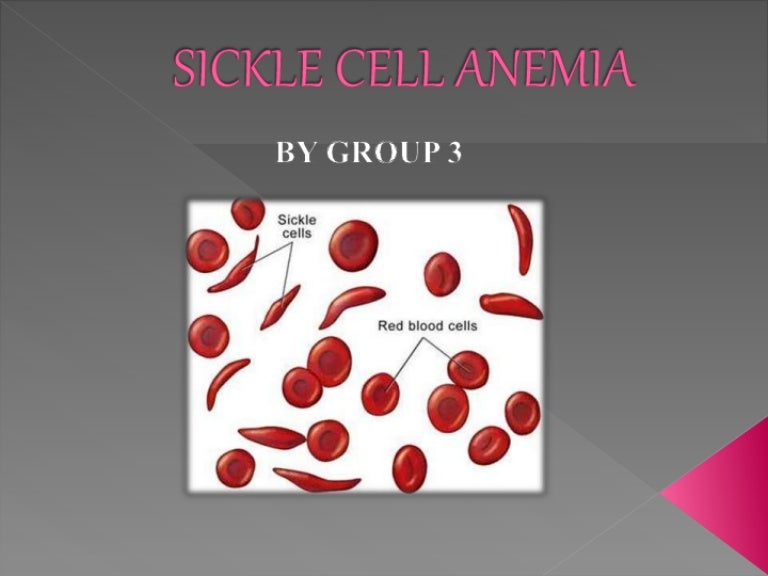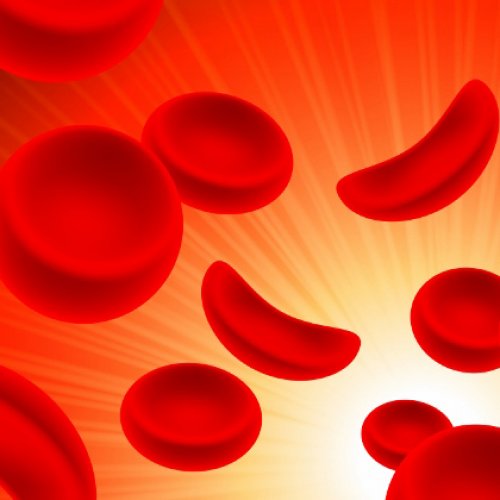

Users are advised that the statements and opinions expressed in this resource are provided as recommendations of the contributors and editors at the time of publication and should not be construed as official College policy. However, it is the responsibility of each user to personally evaluate the content and judge its suitability for use in his or her medical practice in the care of a particular patient. The American College of Emergency Physicians (ACEP) makes every effort to ensure that contributors and editors of its resources are knowledgeable subject matter experts and that they used their best efforts to ensure accuracy of the content. Improving emergency department-based care of sickle cell pain. When actions speak louder than words - Racism and sickle cell disease. The opioid epidemic and sickle cell disease: Guilt by association.

Opioid utilization patterns in United States individuals with sickle cell disease. The effect of naloxone treatment on opioid-induced side effects: A meta-analysis of randomized and controlled trials.

Adult emergency department patients with sickle cell pain crisis: Results from a quality improvement learning collaborative model to improve analgesic management.
Tanabe P, Hafner JW, Martinovich Z, et al. Washington, DC: The National Academies Press. Addressing Sickle Cell Disease: A Strategic Plan and Blueprint for Action. National Academies of Sciences, Engineering, and Medicine 2020. Evidence-Based Management of Sickle Cell Disease, Expert Panel Report, 2014. 
National Heart Lung, and Blood Institute. American Society of Hematology 2020 guidelines for sickle cell disease: management of acute and chronic pain.
Brandow AM, Carroll CP, Creary S, et al. What is your hemoglobin or hematocrit when you are well?. Have you had surgery, such as removal of gall bladder or spleen?. History of acute chest syndrome, stroke, sepsis, kidney problems, blood clots?. Do you have any SCD-related health issues?. When was your last blood transfusion? Do you get regularly scheduled blood transfusions (~once/month)?. Do you take medicines every day, such as hydroxyurea? Are there other medicines you take only when needed (such as for pain)?. Do you have a primary hospital, clinic or doctor who treats you for sickle cell disease? Do you have other doctors that you see, such as primary care?. If patient is not followed at your institution:. I found/did not find (list) surgeries in your chart are there others that I missed?. I see that you have had the following problems in the past (review list) are there others that I missed?. I have your list of medicines here (review list) are there others that you take?. If patient is followed at your institution:. Do you have pain most days? What level of pain is typical for you?. From chart, patient or caregiver (patients may be in too much pain to give complete history)








 0 kommentar(er)
0 kommentar(er)
